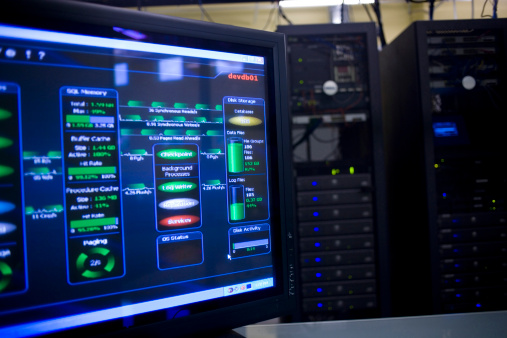Although recent speculation had Dell interested in acquiring International Business Machines Corp.’s (NYSE: IBM) low-end server business, it was Lenovo that won the prize. A deal to sell the so-called x86 server business to Lenovo fell through last spring when the parties could not agree on a price. In the new deal, the Chinese personal-computer maker has agreed to pay $2.3 billion in cash and stock.
Lenovo aims to expand its business for corporate clients beyond office PCs, and the deal reflects the broader trend of China’s growing investment in U.S. companies. It could still face hurdles if U.S. regulators decide to review the acquisition by a Chinese company of a U.S. business tied to critical technology or national security. The U.S. Congress and the U.S. Committee on Foreign Investment closely scrutinized the 2005 deal when Lenovo bought IBM’s PC business.
Over the past several years, IBM has sought to rid itself of low-margin businesses as it focuses more on areas such as software and services, a move that helped it avoid some of the pains felt by now closely held Dell and Hewlett-Packard Co. (NYSE: HPQ). IBM sold its personal computers business to Lenovo for just that reason.
But 2013 was a difficult transitional year for IBM, after bringing a new chief executive officer on board. Competition between IBM, HP, Oracle Corp. (NYSE: ORCL) and others has grown fierce due to weakness in overall information technology spending among enterprise customers. And IBM was the sole Dow Jones Industrial Average component to lose ground in 2013.
IBM shared its latest quarterly results this week. Earnings were better than expected, due largely to cost management and stock buybacks, but revenue contracted more than expected.
Thank you for reading! Have some feedback for us?
Contact the 24/7 Wall St. editorial team.





